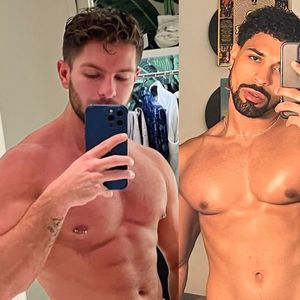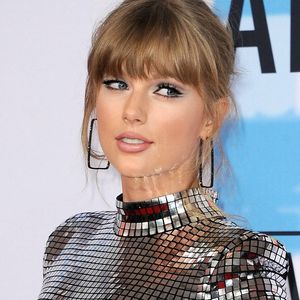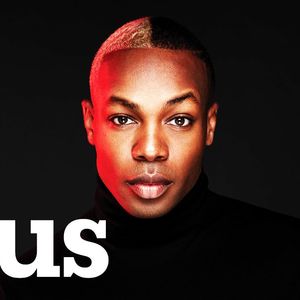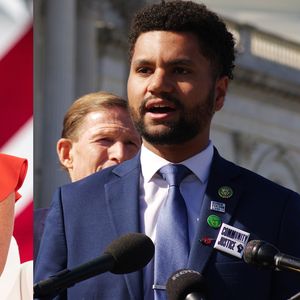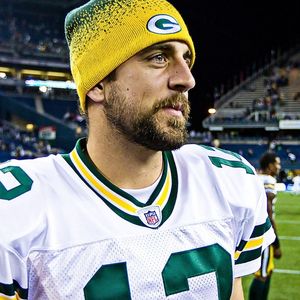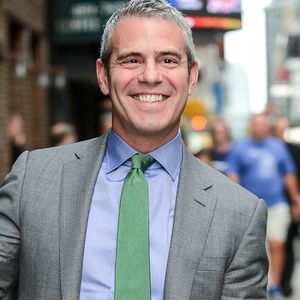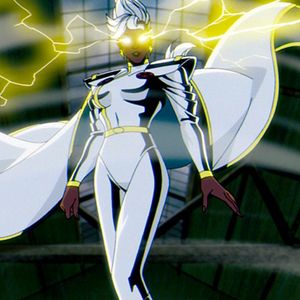"Liberal-Academic-Methodist-Midwestern-Public School Proud-Steel Mill Salary Educated-Lesbian Mom-Tell Me Again About My Bubble." This was my sign at the 2017 Women's March in Chicago.
I grew up Methodist in a southern Illinois steel mill town, the kind where my wife and I still don't really feel comfortable holding hands. Nonetheless, I was amazed to discover that following the United Methodist Church's 2019 vote to affirm a proposed "Traditional Plan," one which kept in place and strengthened bans on LGBTQ clergy and same-sex marriage, the vast majority of young and middle-aged parishioners abandoned my childhood church in protest. Perhaps less surprisingly, simultaneous to that small-town exodus, the social justice-driven, queer-inclusive Chicago churches I've called home -- ones I chose for their rainbow flags and pink triangles -- railed against the UMC machine in the face of an institutional decision they saw as antithetical to their very beings.
Where are these stories? Buried somewhere beneath headlines about Kanye's performance alongside anti-LGBTQ speakers and Trump's promise for "big action" in promoting prayer in schools (the same schools where his administration rolled back protections for LGBTQ students), are untold stories of queer and queer-friendly liberal Christians. Sure, the 24-hour news cycle briefly latched onto the January 3 announcement of the UMC's proposed split, a separation that would leave the more progressive and queer-friendly faction of the denomination at the center, with the regressive traditionalists as a separated side-denomination. But this kind of pro-queer action within the Christian community is not new. News outlets that clamor for the most regressive talking heads just make it seem so.
Where are the faces of queer and liberal Christianity? When I came out in the 1990s, Mel White's Stranger at the Gate: To Be Gay and Christian in America gave me peace. But he's not the full story (and had he not been a former ghostwriter for Jerry Falwell, there may have been no story). Sure, the mainstream news found Mayor Pete, but to them he's an unavoidable and attractive unicorn: a queer Christian Midwestern veteran. Where are the queer and queer-friendly talking heads? As a queer media scholar and liberal Christian, I've been watching headlines closely, wondering yet again why an image of Christianity driven by hate and exclusion continuously controls the frame.
We liberal Christians are out there fighting for LGBTQ+ rights, immigrant rights, reproductive rights, and everything painted by the right as blasphemous and hedonistic. Yet "progressive Christian" still doesn't exactly trip off the tongue (let alone "queer Christian").
Although religion commonly makes its way into the political beat, whether through George Conway's anti-Trump Lincoln Project releasing a scathing video juxtaposing evangelicals' praise of the president with the commander in chief's most egregious anti-Christian statements or the president launching his Evangelicals for Trump reelection coalition or trotting Billy Graham's granddaughter Cissie onstage during a Miami campaign rally to rebuke Christianity Today's call for his ouster, seldom do the protests or progress of liberal Christians make the cut. For this reason, the UMC story has been an extraordinary wrinkle in the dominant conservative Christian narrative.
For decades, the hyperpresence of a vocal Christian right has driven liberals (including LGBTQ parishioners) away from the church. At a time when American churches are seeing declining numbers in general and surveys asking about religion note a rise in "nones," queer congregants are needed. And just as the UMC needed its queer parishioners and their queer-friendly allies to drag church doctrine into the 21st century, American politics and the impending election cycle need to hear from progressive Christians and those who support LBGTQ rights.
According to the most recent Pew Research Center survey linking political ideology and religious affiliation, in the categories of both "Mainline Protestant" and "Historically Black Protestant," the combined classifications of "moderate" and "liberal" far outweighed those of "conservative." Nevertheless, it's the conservative talking heads who cork off during the 24-hour news cycle, and it's conservative politicians who wave the banner of Christianity while painting Christians with broad regressive strokes. They don't speak for all of us.
The story of the UMC is much more reflective of the current American religious landscape than are the talking points spewing forth on cable news, talk radio, and the Trinity Broadcasting Network. Evangelical legacy Franklin Graham (who gives Vladimir Putin props for protecting "his nation's children from the damaging effects of any gay and lesbian agenda") and megachurch preachers like Joel "Homosexuality Is a Sin, But Repentance Leads to Heaven" Osteen, cramming 50,000 worshippers into the old Houston Rockets stadium and reaching another 10 million weekly via TV, may have the cash, flash, Pepsodent smiles, and coiffures to sell the show. But they only speak for a subset of contemporary Christianity, one that unfortunately carries disproportional weight when it comes to headlines.
We are not Kim Davis refusing marriage licenses to Kentucky same-sex couples, religious Colorado bakers refusing to bake queer wedding cakes, or Hobby Lobby's Green family denying Plan B or IUDs to their employees. As long as we allow them, the Grahams, the Osteens, and President Trump's Prosperity Gospel darling and faith whisperer, multimillionaire Paula White, to be the face of American Christianity, we not only lose the public relations battle, but allow religion to be used as a weapon by the political right not just against us but all progressive Christians.
Only a visible and vocal presence of the Christian left can help combat this cultural fallacy.
By no means would I suggest that queer liberal or any liberal Christian voices form a monolithic Christian base. Surely demographic overlap exists between Christians and those who seek to withhold birth control, ban abortion, prevent same-sex couples from adopting, and bar transgender Americans from using their chosen bathroom, but settling in on this view of Christian America is counterproductive. In fact, data pulled from a 2018 Cooperative Congressional Election Study shows that the religious left, although obscured by the media, is the most politically active religious group in the United States. And queer Christians are driving the fight for social change.
Queer Christians and their allies need to come out of yet another closet and make their voices heard. It shouldn't take tragedy or Jim J. Bullock and Tammy Faye Bakker teaming up for "queer" and "religion" to find their way into the same sentence. For decades we have fought to make ourselves and the LGBTQ community visible and valued; here's one more step to take. Make your voices heard not just in your churches but in the media, in local politics, and while canvassing for your candidates. Take away the taboo union of progressive politics, queerness, and Christianity.
We need to publicly prove that we too are part of the force driving positive and inclusive social, cultural, and political movements in this country. Don't let the pundits and politicians define Christian. WWJD? Drive the story.
Kelly Kessler, a public voices fellow with The OpEd Project, teaches media and cinema studies at DePaul University in Chicago. Her teaching and scholarship often focus on the intersection of mainstream media, queer audiences, and queer images. All the while, she's doing her best to make her twins into good humans.
















































